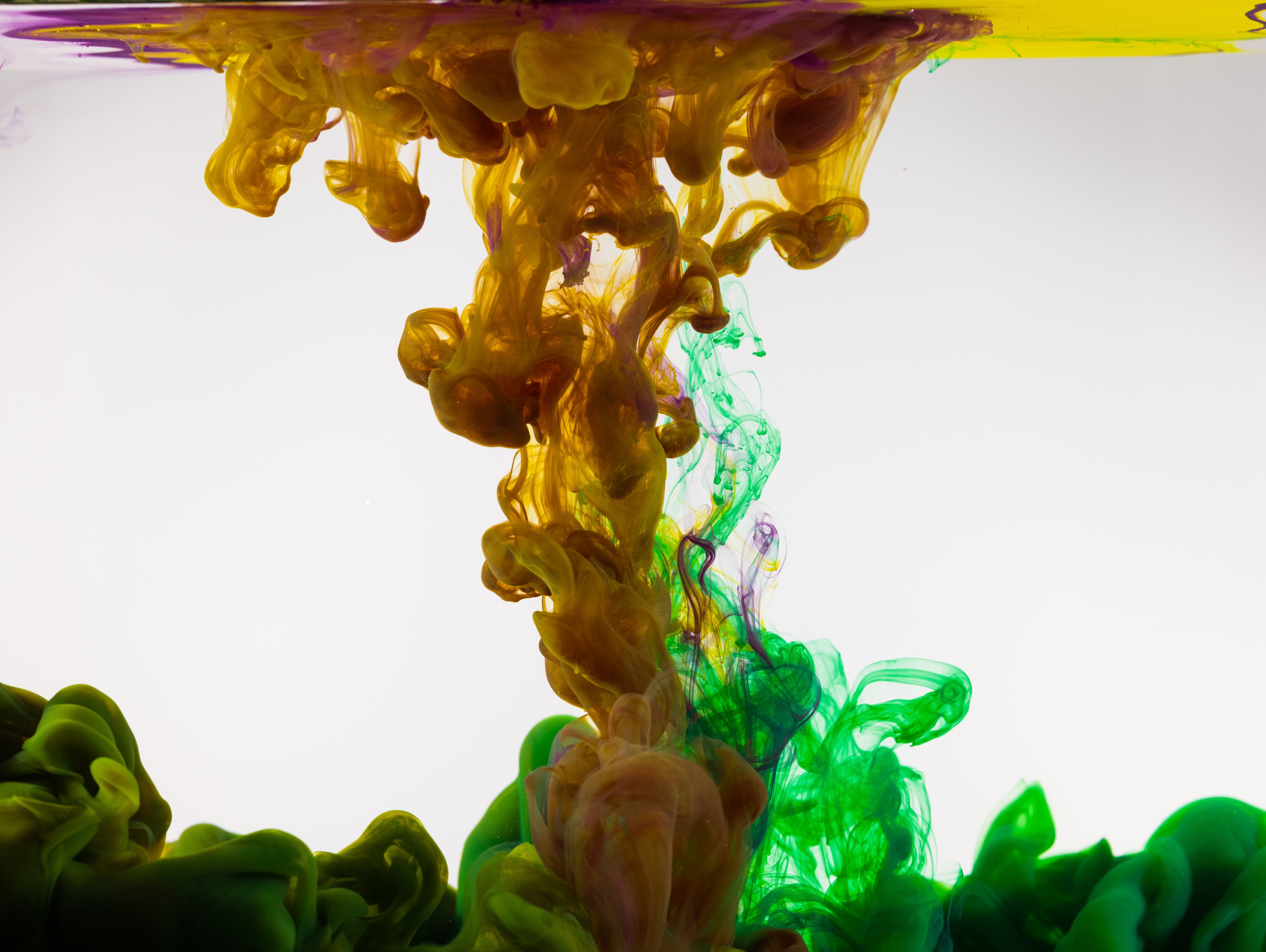BioNano Engineering Group receives major BBSRC grant
Dr. Ljiljana Fruk's group receives one of the first 'Bioscience Prosperity Partnership' Grants

Dr. Ljiljana Fruk and her BioNano Engineering team have secured a significant grant from the Biotechnology and Biological Sciences Research Council (BBSRC) as part of the Council’s first Business and Academia Prosperity Partnership scheme. In partnership with Colorifix, a Norwich-based company known for using engineered bacteria to aid the sustainable dyeing of textiles; and Dr. Tijmen Euser from the Department of Physics, the team will endeavour to improve the adhesion of nature-inspired pigments to cellulose fibres, in particular recycled cotton.
Textile production, particularly the dyeing process, is a leading contributor to global water pollution, accounting for an estimated 17-20% of total water pollution worldwide. The dyes used in clothing not only pose harm but also dissolve in water, complicating the cleanup process and leaving harmful chemicals in the environment. The Bionano Engineering team will employ enzyme design and flavonoid pigments to develop vibrate yet environmentally friendly dyes, further helping Colorifix and the textile industry to minimise their environmental impact.
Although the focus of the work is on a highly relevant practical problem, there is also an aspect of understanding the surface of cellulosic materials. This will be explored using state-of-the-art optical fibres developed by Dr. Euser. These fibers will play a key role in evaluating the effectiveness of colour adhesion to the fabrics and the development of new industrial processes, which will be immediately tested in Colorifix dye mills.
Dr. Fruk underscores the significance of the project:
“In terms of water and soil pollution: it is worth looking at the negative impact of fast fashion on the environment in particular water and soil pollution. [We want to develop] ways of using natural compounds for dyeing recycled cotton, minimising pollution of water and soil by using engineered bacteria to do the dyeing. Not only we will work closely with Colorifix to translate our findings directly to their processes, but we will also gain more understanding of the fabric surface and pigment adhesion, which will help us to get to sustainable cellulosic fabric faster.”
Ultimately, the project strives to make the textile industry more sustainable. The collaboration with Colorifix, renowned for its inventive fabric colouring techniques, combined with the expertise of Cambridge academics will speed up the industry’s transition to important green technology and provide new fundamental insights into enzymology and flavonoid chemistry.
You can find out more about the BBSRC Bioscience Prosperity Partnership here
